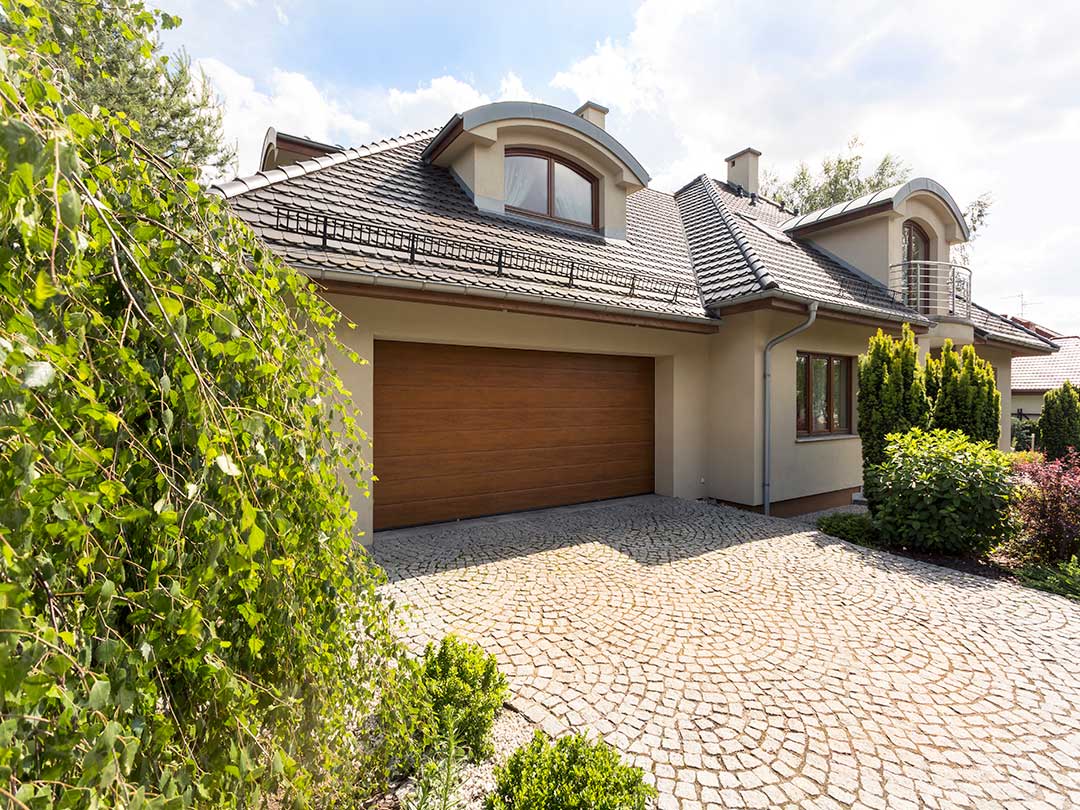If you’re frequently greeted by squeaking, clunking, or loud noises whenever you open or close your garage door, you’re not alone. Many homeowners experience this issue, and while it can be irritating, it’s important to address the underlying causes to prevent further damage.
In this blog post, we will explore some common reasons behind garage door noise and provide solutions to restore smooth and quiet operation.
Understanding the Types of Garage Door Noise:
- Squeaking: Squeaking noises are often caused by metal parts rubbing against each other or insufficient lubrication. Over time, the hinges, rollers, and springs can accumulate dirt and debris, leading to friction and unpleasant sounds.
- Clunking: A clunking noise typically indicates a problem with the garage door opener or the door’s balance. If the opener’s motor is worn out or improperly aligned, it may produce a clunking sound when activating. Additionally, an imbalanced door can strain the opener, resulting in loud noises during operation.
- Loud or Banging: Loud or banging noises can occur due to a variety of issues. Loose hardware, such as nuts, bolts, or screws, can rattle and create a banging sound. Similarly, worn-out rollers or damaged tracks can cause the door to shake and produce loud noises as it moves.
How to fix Garage Door Noise?
- Lack of Lubrication: Regularly lubricate the moving parts of your garage door with a silicone-based lubricant. Apply lubrication to the hinges, rollers, springs, and tracks to reduce friction and minimize noise.
- Worn-out Rollers: Inspect the rollers for signs of wear or damage. Replace any worn-out or broken rollers to ensure smooth and quiet operation. Consider upgrading to nylon rollers, as they tend to be quieter than metal ones.
- Loose Hardware: Check and tighten all the nuts, bolts, and screws that hold the various components of your garage door in place. Be sure to pay attention to hinges, brackets, and the opener mechanism.
- Misaligned or Damaged Tracks: Inspect the tracks for any dents, bends, or obstructions. Use a rubber mallet to gently tap out minor bends or consult a professional for more significant track repairs. Ensure that the tracks are properly aligned to prevent excess noise and potential damage to the door.
- Unbalanced Door: Test the balance of your garage door by disconnecting the opener and manually lifting it halfway. If it doesn’t stay in place, there may be an issue with the springs or cables. Contact a professional garage door technician to adjust or replace the springs and ensure proper door balance.
Conclusion
A noisy garage door can be bothersome, but identifying and addressing the root causes can lead to a quieter and more efficient operation. Regular maintenance, such as lubricating the moving parts and inspecting for loose hardware, is essential to prevent noise issues.
If you’re unsure or uncomfortable performing these tasks yourself, it’s best to seek the help of a professional garage door technician. By addressing garage door noise promptly, you can restore peace and quiet to your home and prolong the lifespan of your garage door system.



